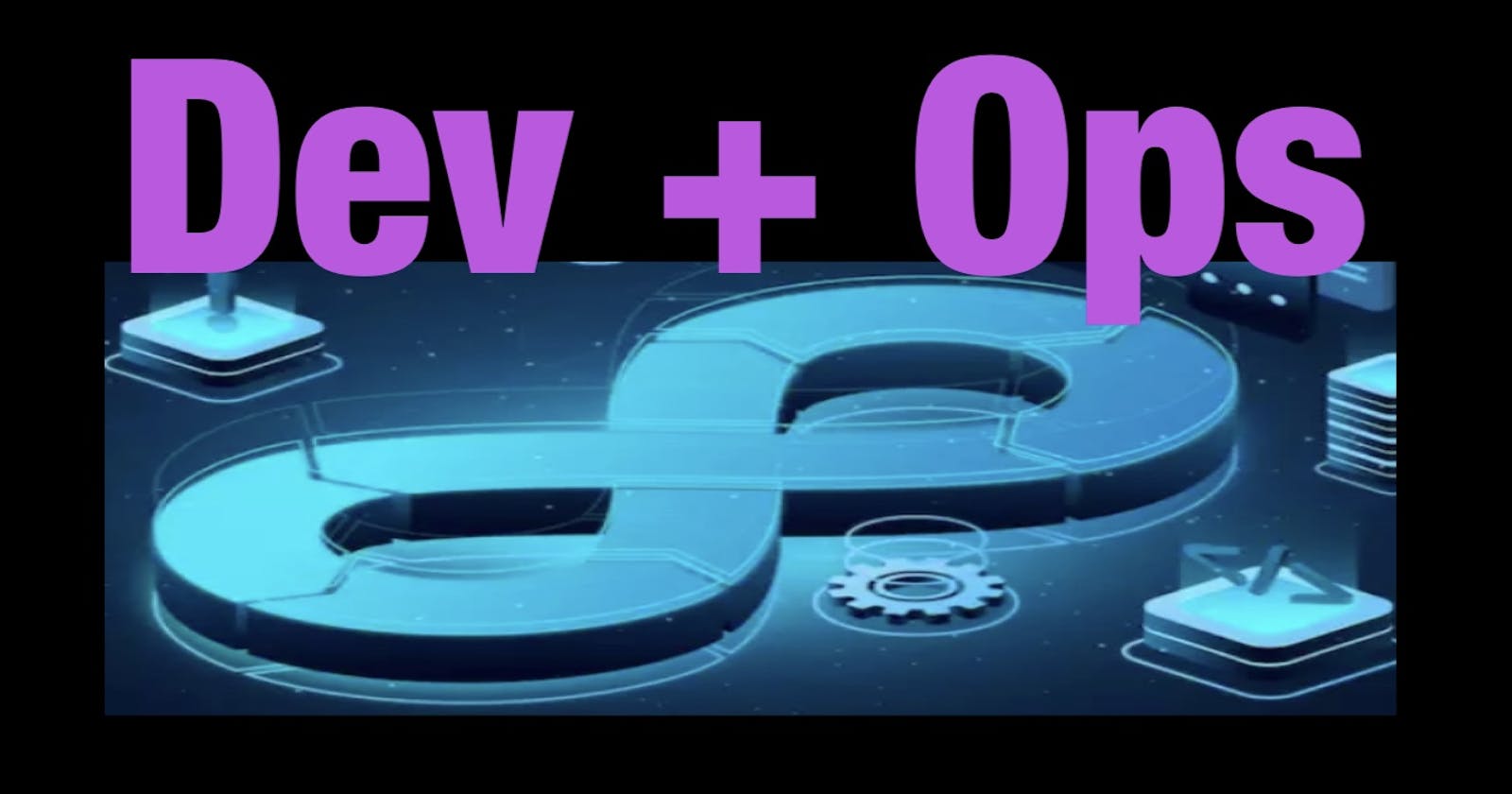DevOps Day2day Activities: Dev & Ops Made Easy
DevOps Engineers play a crucial role in bridging the gap between development and operations teams, enabling faster and more efficient software deliver
As a DevOps Engineer, your day-to-day job involves various tasks related to software development, deployment, and infrastructure management. Here are some common activities you might engage in:
Ensuring the system is On and up: First of all, make sure the system is completely up and running.
Collaborating with development teams: You'll work closely with software developers to ensure seamless integration of code changes, version control, and continuous integration/continuous deployment (CI/CD) processes.
Infrastructure management: You'll be responsible for designing, provisioning, configuring, and maintaining the infrastructure needed for application development and deployment. This could involve managing servers, virtual machines, containers, and cloud services.
Automation and tooling: You'll develop and maintain automation scripts, tools, and workflows to streamline software delivery processes. This might include scripting with languages like Python or using configuration management tools such as Ansible or Puppet.
Continuous Integration/Continuous Deployment (CI/CD): You'll set up and manage CI/CD pipelines, ensuring efficient and reliable automated build, test, and deployment processes for software releases.
Monitoring and troubleshooting: You'll monitor system performance, application logs, and infrastructure metrics to identify issues, troubleshoot problems, and optimize performance. This could involve utilizing tools like monitoring systems, log aggregators, and performance analysis tools.
Security and compliance: You'll implement security measures, such as access controls, vulnerability scanning, and data encryption, to ensure the protection of systems and data. Additionally, you may help ensure compliance with relevant regulations and industry standards.
Collaboration and communication: You'll actively engage with cross-functional teams, including developers, QA engineers, operations teams, and stakeholders, to facilitate efficient communication, knowledge sharing, and problem-solving.
Release management: You'll coordinate and manage software releases, ensuring that proper version control, documentation, and release notes are in place. This includes coordinating deployment schedules and minimizing downtime during releases.
Performance optimization: You'll analyze system and application performance, identify bottlenecks, and implement optimizations to enhance efficiency, scalability, and reliability. This could involve load testing, capacity planning, and performance tuning.
Incident response and resolution: You'll be involved in responding to and resolving incidents related to infrastructure, deployment, or application performance. This may require troubleshooting, root cause analysis, and implementing corrective actions.
Configuration management: You'll utilize configuration management tools to manage and maintain consistent configurations across different environments. This helps ensure that systems are correctly provisioned and that changes are tracked and documented.
DevOps culture promotion: As a DevOps Engineer, you'll advocate for and promote a culture of collaboration, automation, and continuous improvement within the organization. This includes encouraging agile practices, knowledge sharing, and fostering a proactive mindset.
Backlog automation: It is the soul of DevOps in infrastructure management. So DevOps engineer is also responsible for maintaining and managing the backlog infrastructure.
Dealing with legacy stuff: DevOps engineers also need to spend time on legacy in terms of supporting it or migrating it to the latest version.
Identify the bottlenecks: DevOps leverage a lot from various tools and there are many options as open source so the team needs to regularly check out this removing bottleneck. DevOps's primary purpose is to identify the bottleneck for manual handshakes.
Continuous learning: Last but not least, it is important to keep going with your learning always! The field of DevOps is constantly evolving, so you'll need to stay updated with the latest tools, technologies, and industry best practices. This might involve attending conferences, participating in training programs, and engaging in self-study.
Please remember, that these responsibilities may vary depending on the specific organization, project requirements, and the maturity of the DevOps practices in place.
Compiled by: Azizul Maqsud
Stay Connected !!
https://www.youtube.com/channel/UCNwP7KEElaJ7cdDTLP-KbBg
https://www.linkedin.com/in/azizul-maqsud/
https://azizulmaqsud-1684501031000.hashnode.dev/
